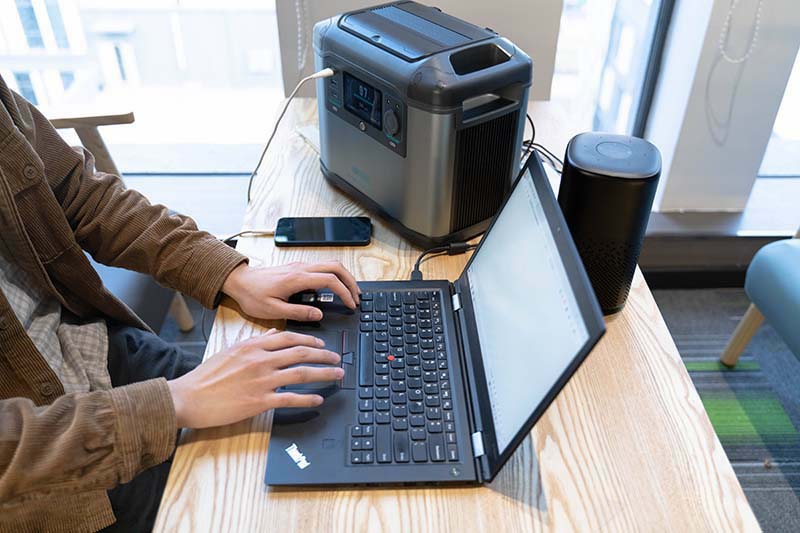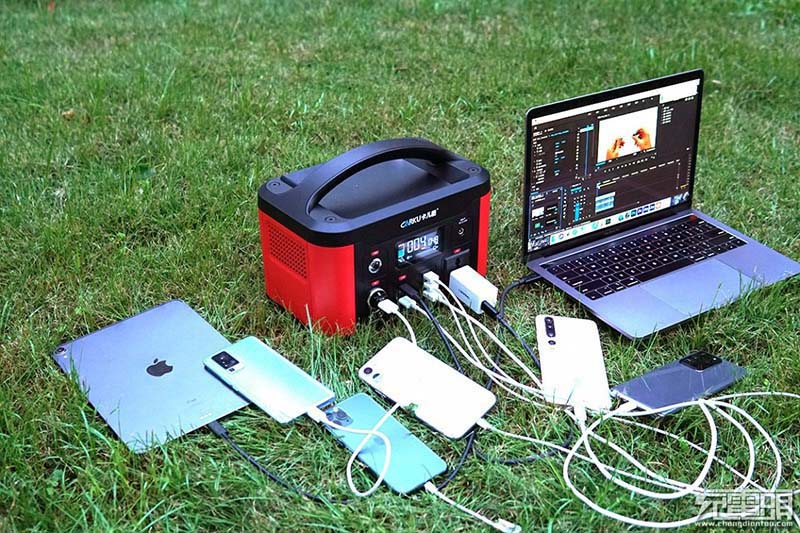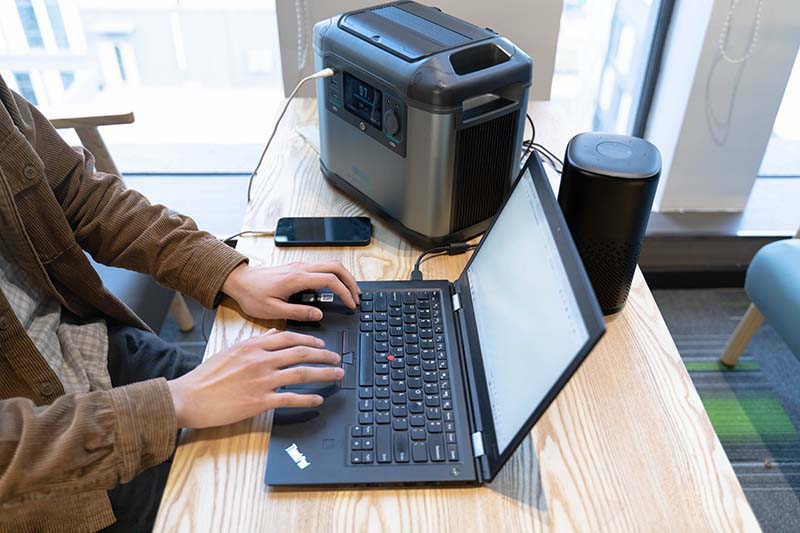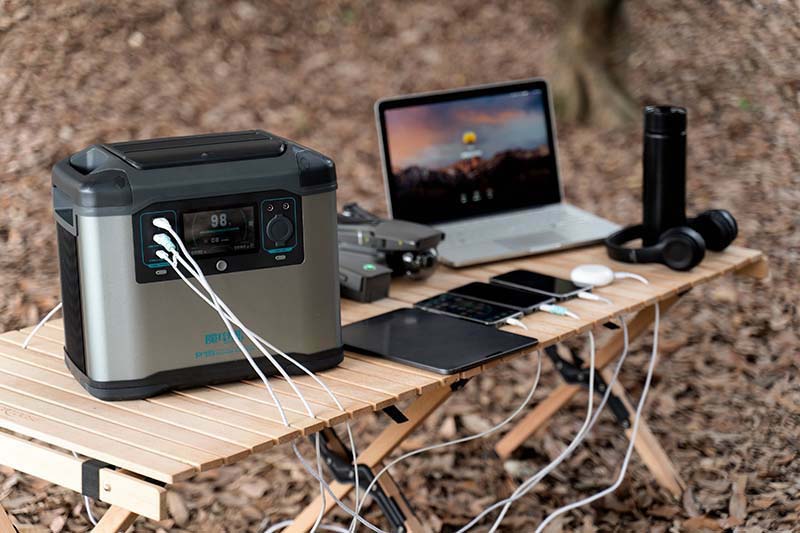are all power banks lithium ion
Portable power station can be used for Mini humidifiers, Smart locks, Portable voice recorders, Handheld ultraviolet disinfection lamps, Digital cameras, etc, Not all power banks are lithium-ion, but the majority of them are. Lithium-ion batteries are popular in power banks beca...

Essential Devices Powered
- The timed power supply accuracy is ±1 minute, and it supports multi-period cycle settings.
- The surface material is wear-resistant and scratch-resistant, and does not easily leave traces of use.
- Winter heating: small electric blankets, hand warmers, desktop heaters
- Monthly self-discharge rate ≤2%, no need for frequent recharging during long-term storage.
- Suitable for hospital backup, ensuring uninterrupted power supply to critical small equipment.
Camping Benefits
- Portable oxygen concentrator operation
- Power supply for aquaculture monitoring cameras
- Military exercise electronic warfare equipment battery life
- Campsite electric mosquito repellent + mosquito killer lamp power supply
- Battery life of small power tools on construction sites
Not all power banks are lithium-ion, but the majority of them are. Lithium-ion batteries are popular in power banks because they offer a high energy density, meaning they can store a lot of power in a small, lightweight package. This makes them ideal for portable charging devices. However, there are other tyPES of batteries used in power banks as well, such as lithium-polymer and nickel-metal hydride batteries. Lithium-polymer batteries are similar to lithium-ion but use a gel-like electrolyte, allowing for more flexible shapes and lighter weight. They are often found in slim and compact power banks. Nickel-metal hydride batteries, on the other hand, are less common today but were used in older models. They are heavier and have lower energy density compared to lithium-based batteries. When choosing a power bank, it’s important to check the battery type, as it affects the device’s weight, size, charging efficiency, and safety. Lithium-ion and lithium-polymer power banks are generally more reliable and efficient, making them the preferred choice for most users. In conclusion, while not all power banks use lithium-ion batteries, they remain the dominant technology in the market due to their excellent performance characteristics.
Related Content
- lion energy solar power bank
- how solar power plant works
- emergency power supply for cpap machine cost
- battersea power station nearest tube station
- ryobi power tool battery charging station
- best portable power stations forbes 2021
- ego nexus power station battery
- power stations with solar panels included


